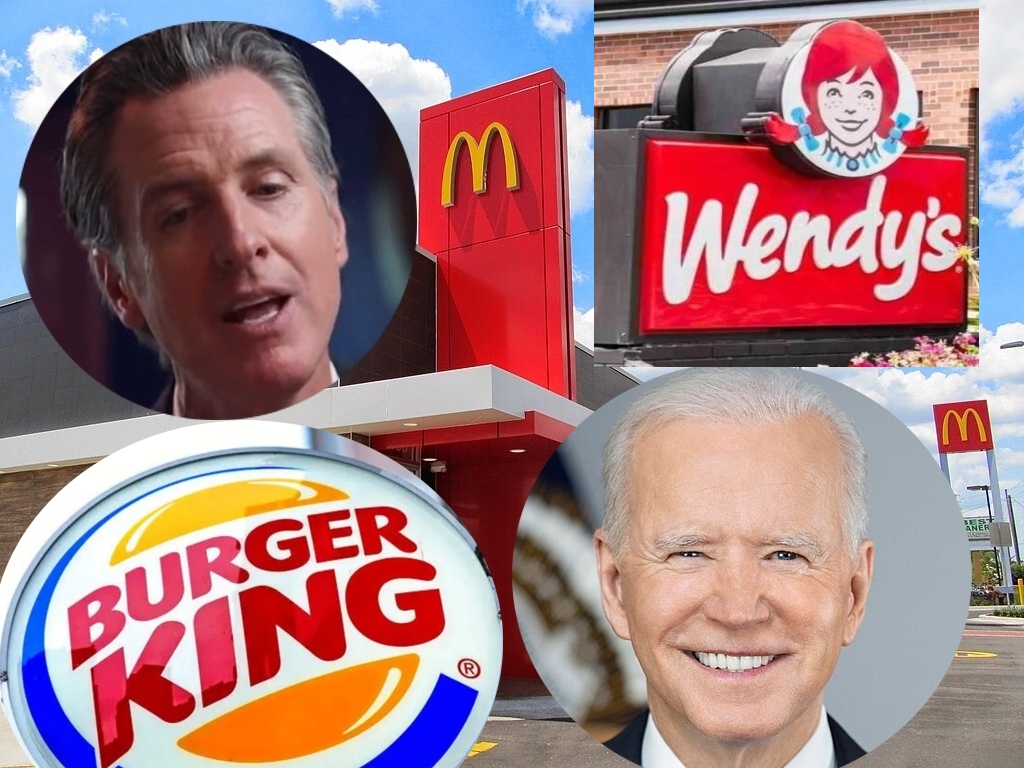In recent months, California has become embroiled in a contentious debate surrounding the closure of several fast food establishments, with many pointing fingers at Governor Gavin Newsom’s decision to raise the minimum wage to $20 per hour for fast food workers.
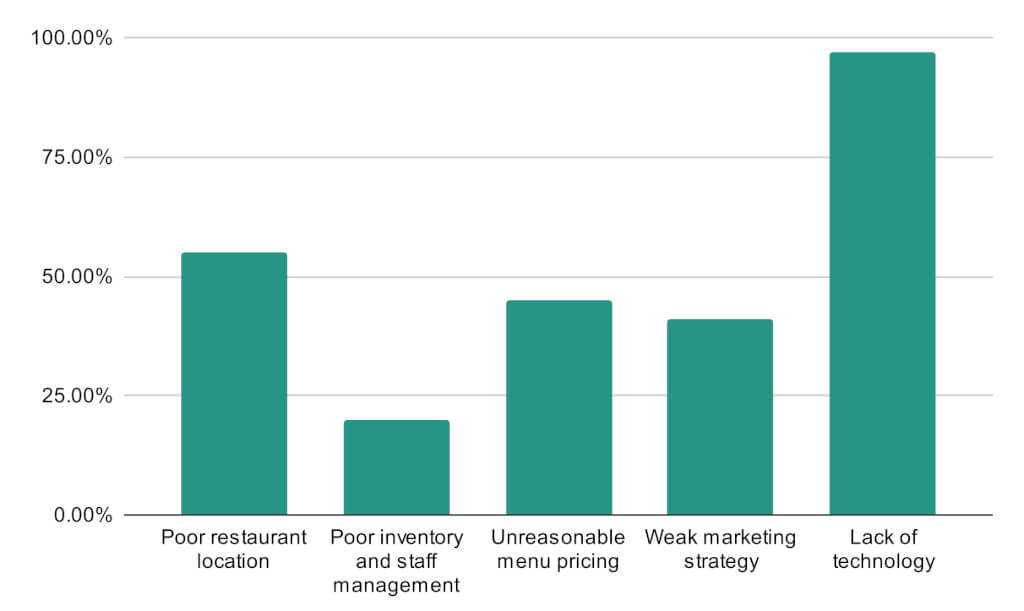
A closer examination reveals a multifaceted narrative, indicating that while the wage hike is a factor, the closures are also influenced by inflationary pressures, exacerbating the challenges faced by these businesses. The fact that fast food is a discretionary item also may be the canary in the coal mine that we are about to enter a depression.
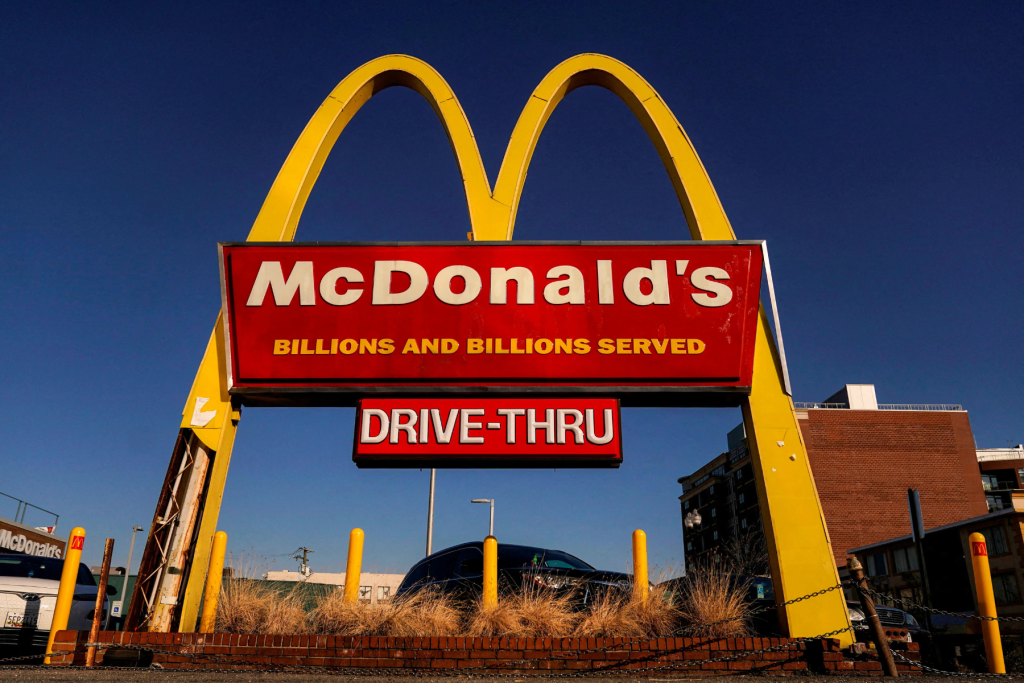
Economic experts caution against oversimplifying the issue by solely attributing the closures to the minimum wage increase. They emphasize the significant impact of inflationary pressures on operational costs. Inflation, driven by various factors such as supply chain disruptions and increased demand, leads to rising prices for ingredients, utilities, and other essential resources. For fast food restaurants operating on thin profit margins, these escalating costs further strain their financial viability, making it increasingly difficult to stay afloat.
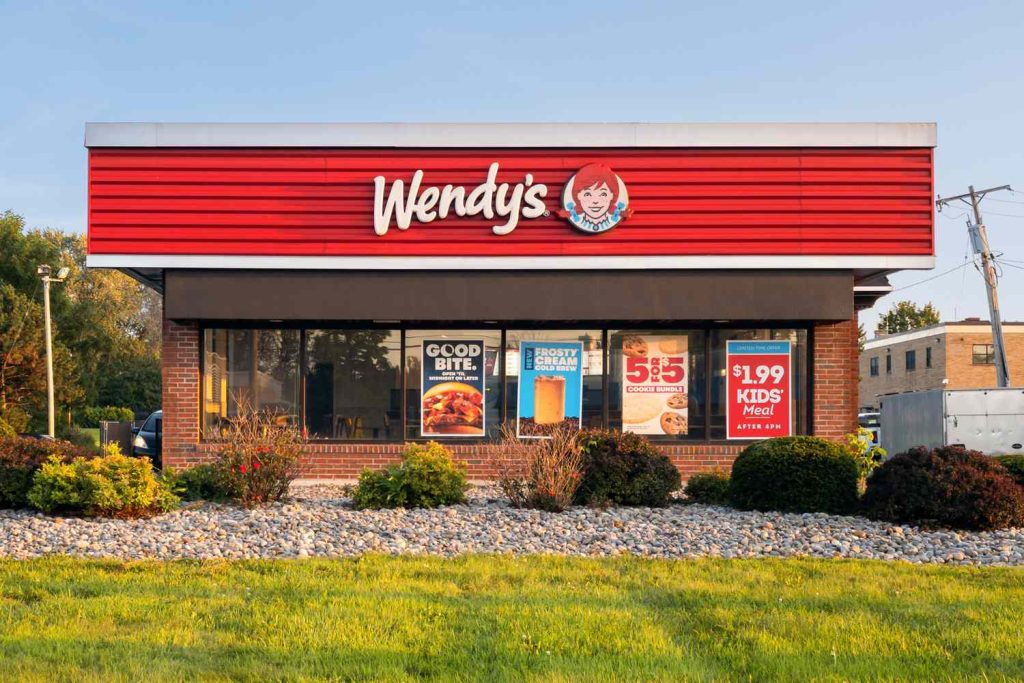
The broader economic climate, characterized by inflationary pressures, compounds the challenges faced by businesses across industries. Fast food establishments, like many other small businesses, find themselves grappling with the ripple effects of inflation, which erode their purchasing power and diminish consumer spending.
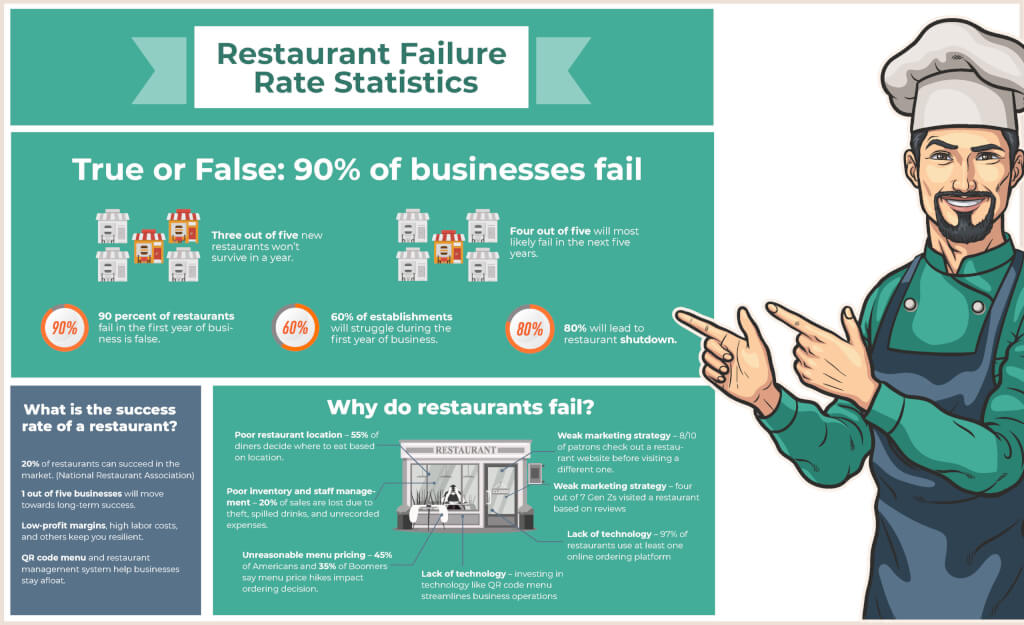
This combination of inflation-driven cost hikes and reduced consumer demand creates a hostile operating environment, pushing some restaurants towards closure irrespective of minimum wage policies.

Proponents of the minimum wage hike maintain that it is crucial for addressing income inequality and enhancing the standard of living for low-wage workers. They argue that fair compensation is essential for fostering a motivated and productive workforce, which ultimately benefits the economy as a whole. However, they acknowledge the need for complementary measures to alleviate the financial burden on businesses, especially in the face of inflationary pressures.
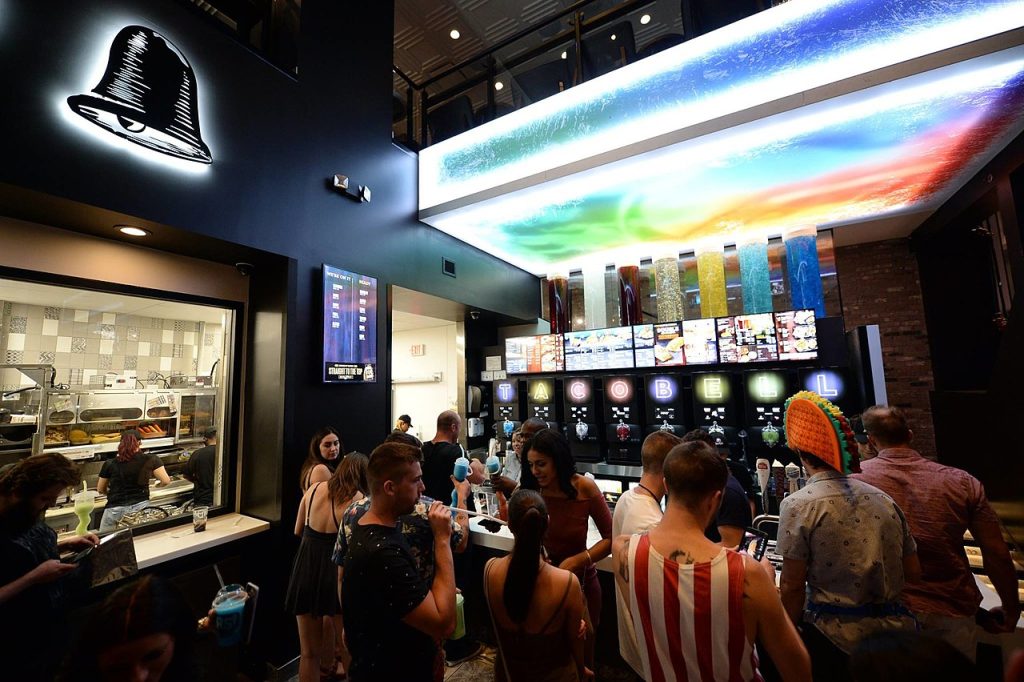
Critics of the wage hike emphasize the compounding effect of inflation on businesses already struggling with rising operational costs. They contend that inflation exacerbates the financial strain, making it imperative for policymakers to adopt a comprehensive approach to economic policy. Such an approach should address not only wages but also inflationary pressures and other barriers to business growth, such as access to affordable financing and regulatory burdens.
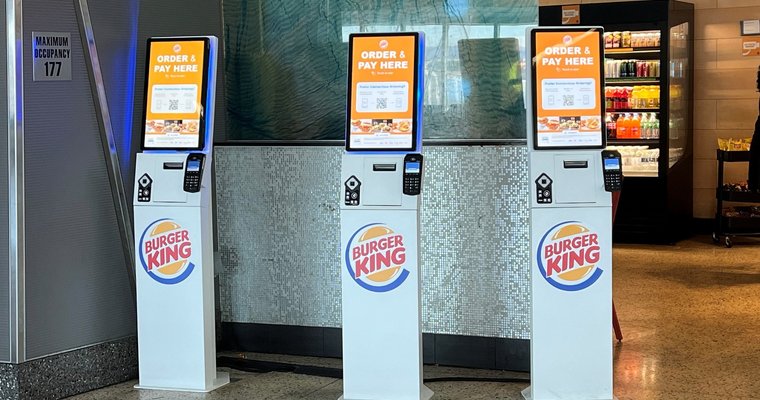
It’s essential to recognize the diversity within the fast food industry, with some chains better equipped to weather economic challenges than others. Established brands with robust financial resources may be more resilient in navigating inflationary headwinds, whereas smaller, independent eateries may face greater difficulties.
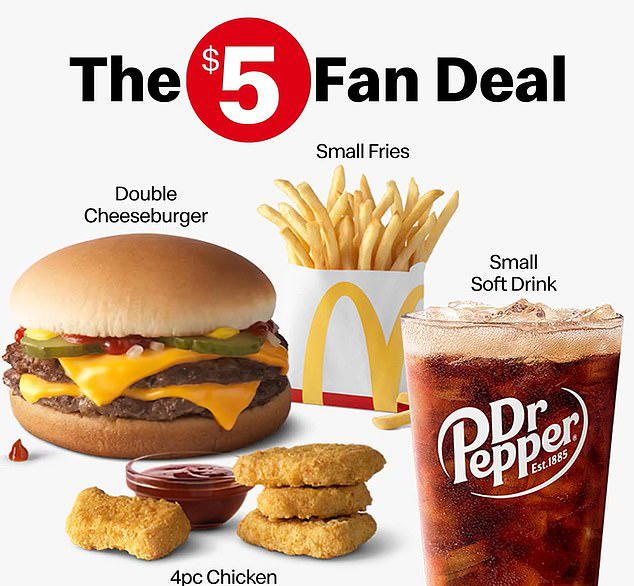
While the minimum wage hike undoubtedly contributes to the closures observed in California’s fast food sector, it is not the sole culprit. Inflationary pressures play a significant role in exacerbating the financial strain on businesses, amplifying the challenges posed by rising operational costs.

Addressing these intertwined challenges requires a comprehensive economic strategy that considers the interplay of wage policies, inflationary pressures, access to affordable financing, and other economic factors. By adopting such an approach, policymakers can strive to create a resilient and equitable business environment conducive to sustainable growth.

